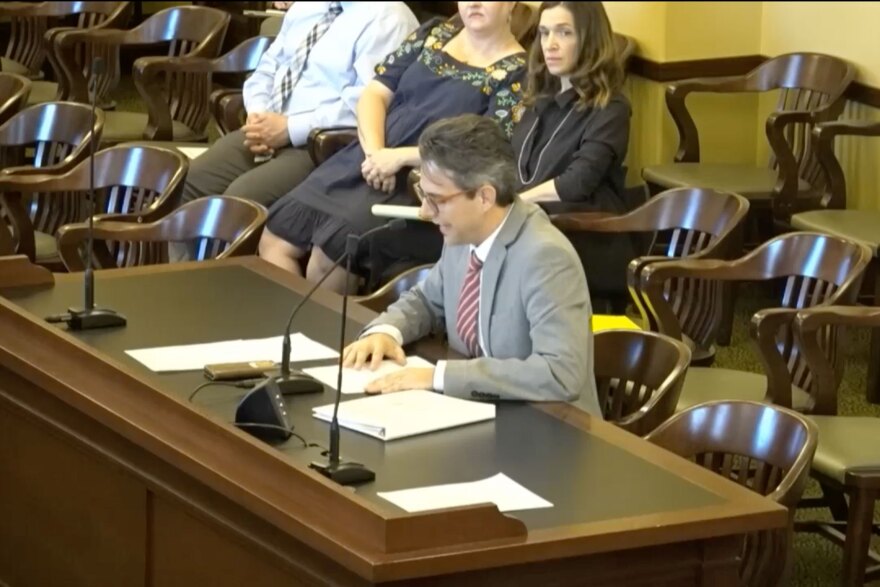Utah leaders are still figuring out how ethnic studies should be incorporated into public school classrooms.
Earlier this year, the Utah State Legislature passed a law requiring ethnic studies to be a part of the state’s core standards for grades K-12. The law also created an Ethnic Studies Commission to “study the contributions of Utahns of diverse ethnicities” and provide recommendations to the Utah State Board of Education. The commission includes five members each from the state Senate and House of Representatives and two members appointed by the governor.
Copper Hills High School social studies teacher Kyle Jensen told the commission during its Nov. 10 meeting about how he was inspired to start an ethnic studies class after assigning his students to present on different Asian American groups.
One group gave a 5-minute presentation on Laotian Americans. After class ended, a Laotian American student of his stayed behind and started crying. He asked her what was wrong.
“She said, ‘My parents were refugees here.’ She said, ‘I've never felt like I belonged here. This is the first time in my education that I ever saw my face as a Laotian American in an American classroom. I now feel like I'm an American,’” Jensen recalled.
He told the commission that the purpose of ethnic studies is so students won’t have to wait until high school to hear about their history in school.
The president of the conservative Utah Parents United, Nichole Mason, told the commission she agreed with what Jensen said, but she especially liked that he mentioned students feeling like Americans while learning about ethnic studies. For her, the emphasis should be on being American, rather than “global citizens” –– a term Mason said had been used at previous commission meetings.
“That man just showed you how ethnic studies and being an American ties in to allowing everyone to celebrate their heritage and culture in an American way, in the American exceptionalist way,” she said. “That does not mean we are superior. It means we are the exception to the rule and that we have taught that ‘all men are equal,’ and we have shown that throughout history.”
Mason also expressed concerns about white students being taught they are privileged and bad people because of their race. During one of the previous commission meetings, Democratic Rep. Angela Romero said hate is taught at home, not at schools. Mason said she believed the opposite, and that hate is being taught at schools.
Romero stood by her previous statement.
“My child's very privileged because I'm his mother, but I've never known of hate being taught in school,” she said.
The last group to present was the Foundation Against Intolerance and Racism. One of the representatives was the managing director of the organization, Dana Stangel-Plowe, who used to be a teacher in New Jersey, but quit claiming her school was forcing students to “adopt the status of privilege or victimhood.”
Stangel-Plowe said when teaching ethnic studies, conversations should not be political and “pro-human.”
“I would urge Utah in creating its K-12 ethnic studies standards to avoid the divisive approaches that other states have taken, especially language that can open the door to activism,” she said.
Romero said she’s never seen teachers try to be partisan in school and that teachers should be trusted.
“I don't like the scare tactics when we're talking about ethnic studies,” she said. “I know you're saying your organization's non-partisan, but I felt like there were partisan undertones.”
Co-chair Sen. Kirk Cullimore said the commission will formally meet again in 2023 after the legislative session to start developing more specific recommendations about what the standards should look like.


